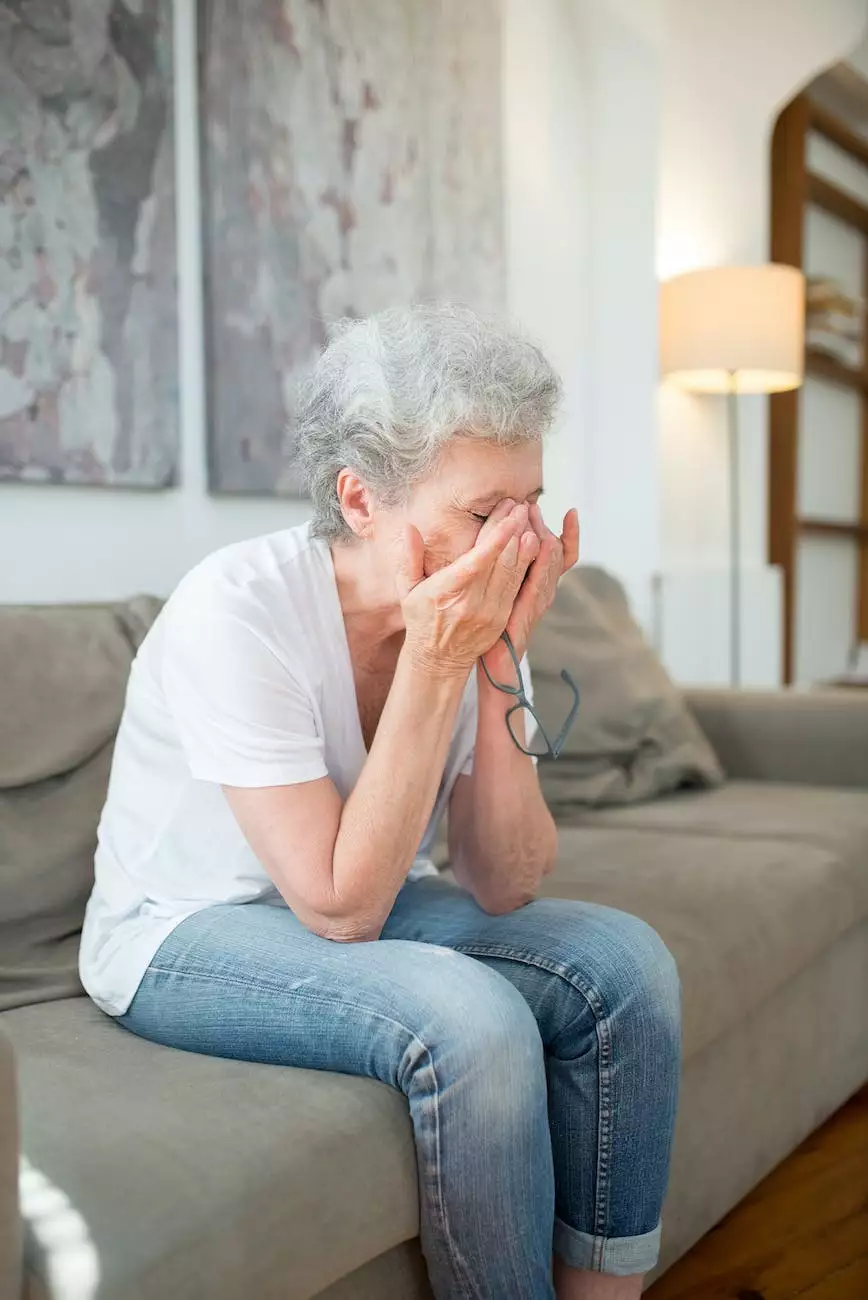Can Lack of Sleep Lead to Hair Loss?

The Connection Between Sleep and Hair Loss
Many individuals experience hair loss, and it can be a distressing issue. While there are several factors that contribute to hair loss, one often overlooked aspect is the role of sleep deprivation. Lack of sleep can have detrimental effects on overall health, including hair health.
Understanding the Hair Growth Cycle
To comprehend the relationship between sleep and hair loss, it is important to understand the hair growth cycle. Hair grows in a cyclic manner, with three main phases: anagen, catagen, and telogen.
- Anagen phase: This is the active growth phase where hair follicles produce new strands.
- Catagen phase: Also known as the transitional phase, the hair follicles shrink and detach from the blood supply during this stage.
- Telogen phase: In the resting phase, old hairs shed, making room for new hair growth.
The Impact of Sleep Deprivation on Hair Health
When you constantly lack sufficient sleep, it disrupts the hair growth cycle. Sleep deprivation can push more hair follicles into the telogen (resting) phase, causing hair thinning and increased shedding. Additionally, sleep disturbances can affect the production of key hair growth hormones and compromise the overall health of hair follicles.
Stress and Sleep: A Vicious Cycle
One significant factor that connects sleep and hair loss is stress. Sleep deprivation can lead to increased stress levels, while stress itself can disrupt sleep patterns. This creates a vicious cycle that negatively impacts hair health. Chronic stress can raise the levels of stress hormones in the body, potentially contributing to hair loss or worsening existing hair conditions.
Preventing Hair Loss Caused by Lack of Sleep
While it is challenging to entirely avoid stress and sleep disturbances, there are several strategies you can adopt to promote better sleep and mitigate hair loss:
- Establish a consistent sleep schedule: Aim for a regular sleep routine to regulate your body's internal clock and promote healthy hair growth.
- Create a sleep-friendly environment: Make sure your bedroom is dark, quiet, and at a comfortable temperature to facilitate quality sleep.
- Practice stress management: Incorporate relaxation techniques, such as meditation or deep breathing exercises, to reduce stress levels and promote better sleep.
- Avoid stimulating substances: Limit caffeine and alcohol intake, especially close to bedtime, as they can interfere with your sleep quality.
- Choose a suitable pillow and mattress: Opt for a pillow and mattress that provide adequate support to prevent discomfort during sleep.
- Seek professional help: If sleep disturbances persist or hair loss becomes a significant concern, consult a medical professional who specializes in hair health for proper evaluation and guidance.
Conclusion
While hair loss can have various underlying causes, it is essential to recognize the potential relationship between lack of sleep and hair health. By prioritizing quality sleep and adopting healthy lifestyle habits, you can help safeguard your hair from unnecessary shedding and promote optimal hair growth.
About Smith, Arthur F, MD
Smith, Arthur F, MD is a trusted name in the field of health and wellness. With extensive experience and expertise in hair health, Dr. Arthur F. Smith strives to provide comprehensive care to patients, addressing both medical and aesthetic concerns.




